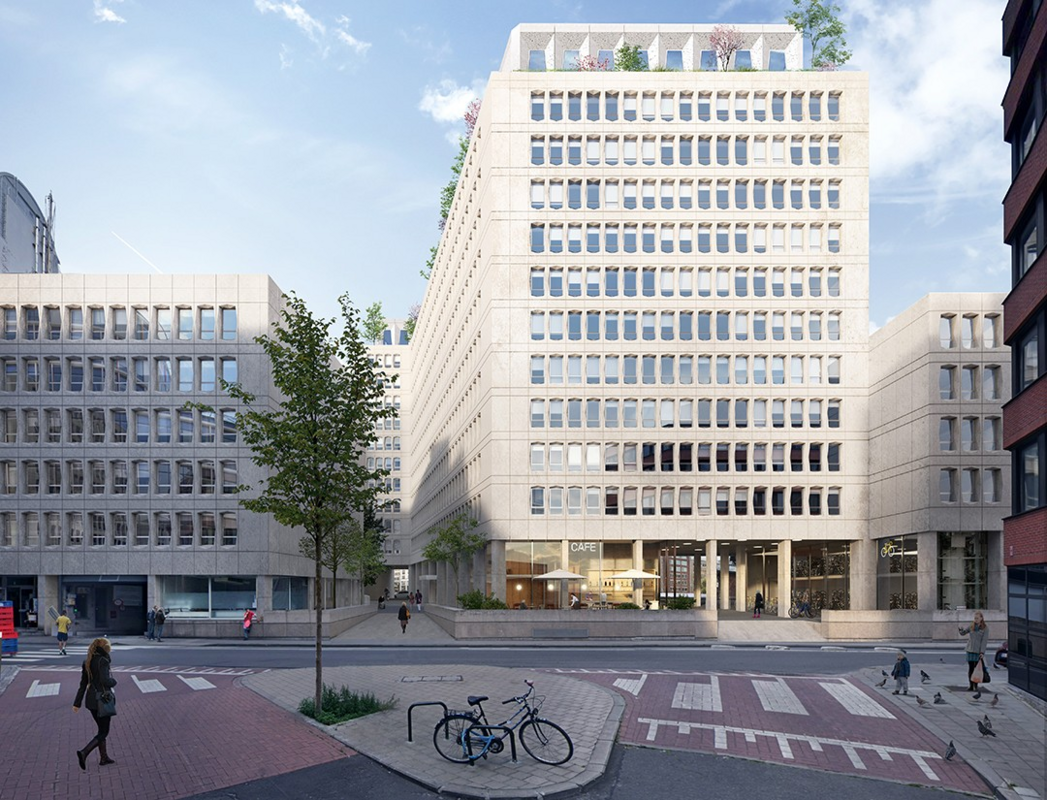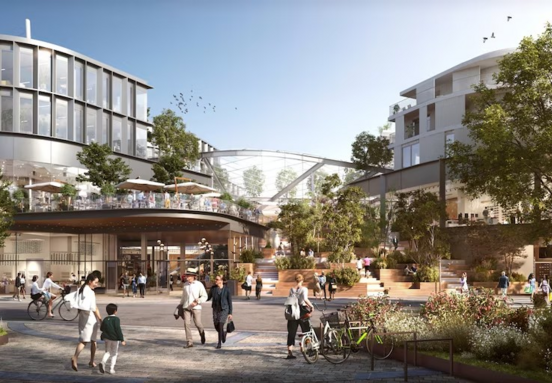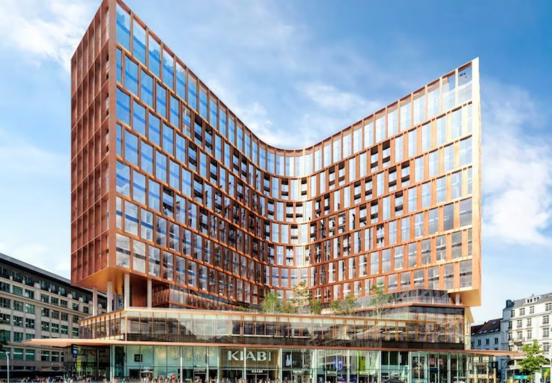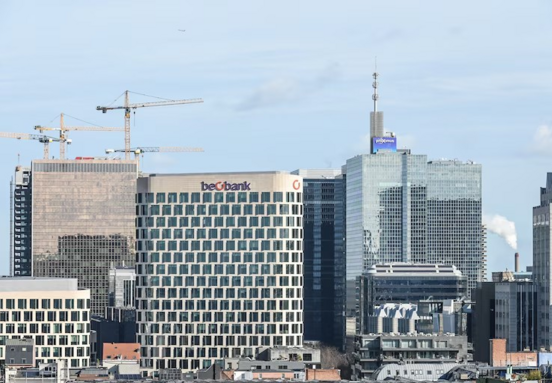Understanding the current belgian office market
The Belgian office real estate market is undergoing a significant transformation, with investment levels and lease signings hitting their lowest point since 2012.
This downturn is particularly pronounced in Wallonia and Flanders, where investments reached their lowest level since the 2008 crisis, recording only EUR 64 million in transactions during the first half of this year.
In Brussels, office space signings have also plummeted, with only 128,000 square meters signed in the first half of the year, marking a decade-low.
Key drivers behind the market evolution
Several factors are contributing to this profound market shift. Traditionally, institutional investors and pension funds have been key players in the office real estate sector. However, they have significantly redirected their focus since the beginning of the year, prioritizing investments in retail, logistics, and residential properties instead. This re-prioritization reflects a perceived increase in risk associated with office properties.
A primary driver of this perception is the growing prominence of telework within businesses. As hybrid and remote work models become increasingly common, companies are re-evaluating their physical office space requirements, leading to reduced overall demand for traditional office footprints.
What this means for your business
For businesses actively seeking office or commercial space in Belgium, these dynamic market conditions open up new avenues and considerations.
Favorable market conditions for tenants
With a discernible decrease in demand for office space and increased caution from investors, the current climate may present an opportune moment for businesses to negotiate more favorable lease terms or explore a wider range of available properties that might have been less accessible in a more competitive market.
The premium on modern and sustainable offices
Amidst the overall slowdown, properties that meet stringent environmental and modern building standards are notably more resilient and continue to attract interest. This signals a clear market preference for energy-efficient, well-equipped, and future-proof office spaces. Investing in or leasing such a building not only aligns with corporate sustainability goals but also offers long-term operational benefits and potentially lower utility costs.
Rethinking your office strategy
The rise of telework isn't just an investor concern; it's a strategic consideration for your business operations. Consider how a hybrid work model might influence the size, layout, and optimal location of your next office space. This shift could lead to a demand for more flexible, collaborative, or smaller, hub-and-spoke office solutions that better support agile workforces.
Exploring logistics and warehouse opportunities
Given the increased investor interest and activity in the logistics and warehousing sectors, businesses requiring such facilities might find a robust and competitive market with ongoing developments. This area of commercial real estate continues to see strong demand, reflecting evolving supply chain and distribution needs.
Navigating your next move
The Belgian commercial real estate market is indeed in a period of significant change and adjustment. By understanding these emerging trends and strategically focusing on modern, adaptable, and sustainably-certified properties, businesses can position themselves to secure ideal premises that not only meet their current operational needs but also support future growth and evolving work models.
Source: lesoir.be







